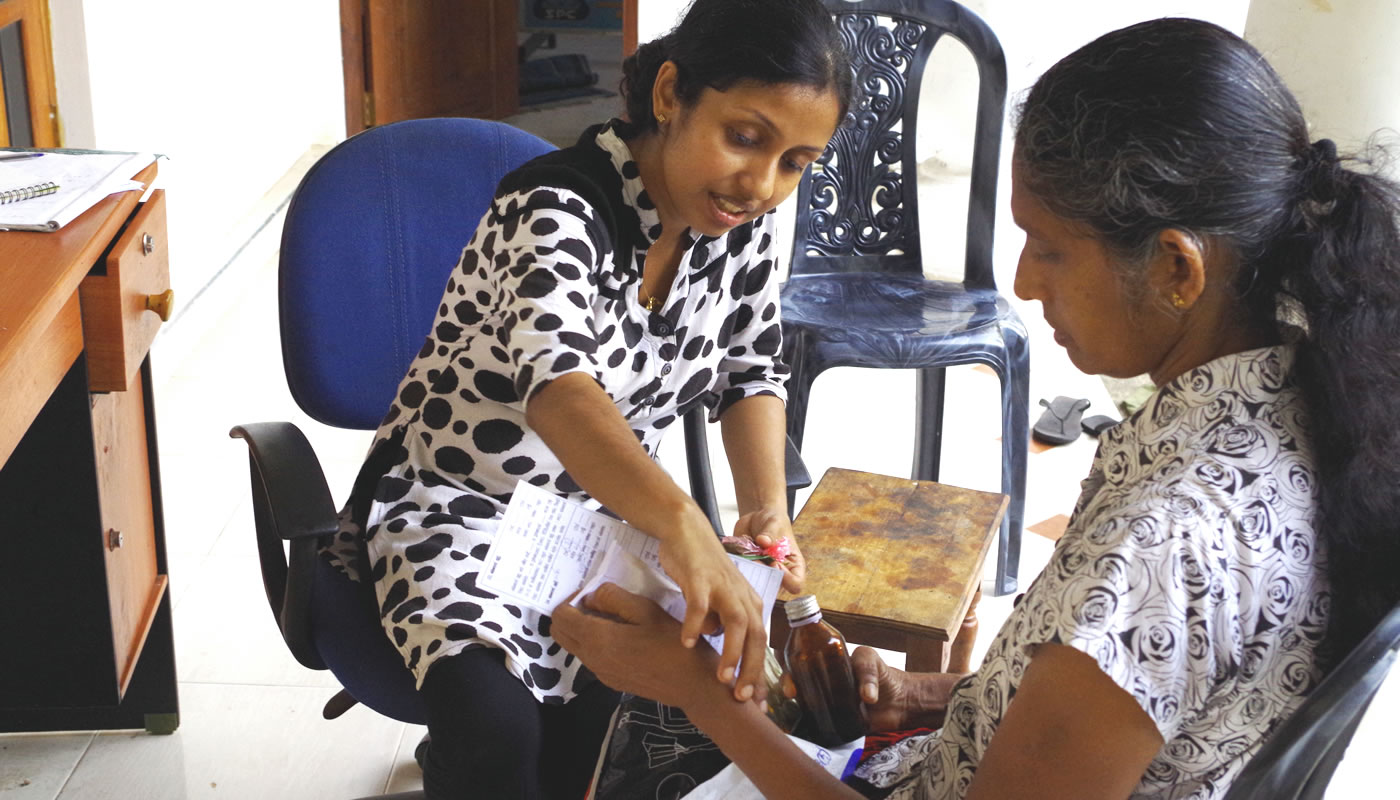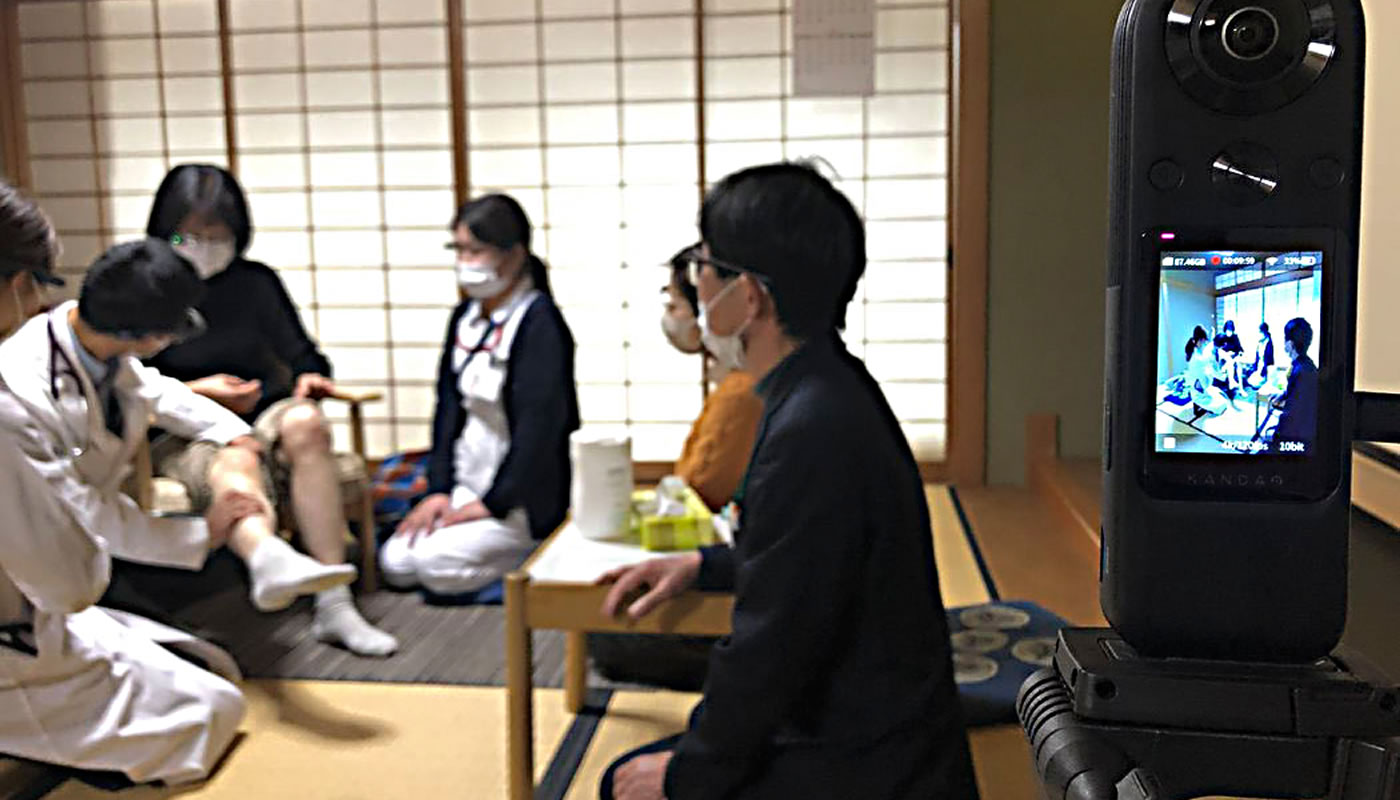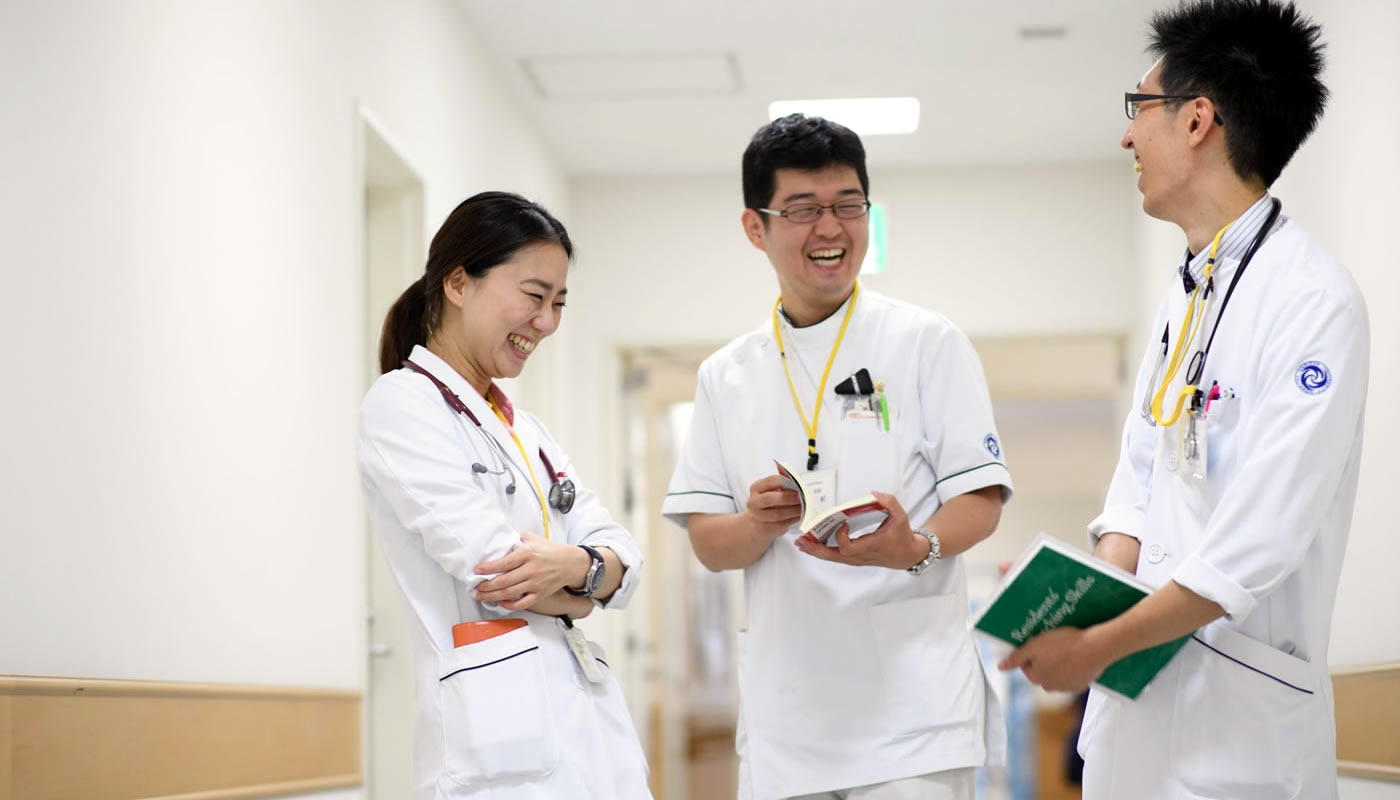A New Medical Education Program Informed by Anthropology and Supported by Extended-Reality Technologies
The NOVI + A is one of the programs approved in 2022 under the Establishing Bases for Fostering Medical Personnel in the Post-COVID Era Project. This program promotes community-oriented health care informed by medical anthropology, and equips future physicians with the competencies to address local challenges and needs from medical and social perspective. Another key feature of this program is the use of extended-reality platforms that are accessible anytime, anywhere.
FEATURES

Local Health Care Informed by Medical Anthropology
We equip medical students with the skills to address health care challenges in local communities, with a dual focus on medicine and patients'life-world. Students will engage in anthropological fieldwork activities that emphasize cultural relativism. These activities help them gain a well-informed understanding of the cultural backgrounds of local community residents and develop competencies to address a wide variety of problems related to their lives and health.
- Medical Anthropology
- Medical anthropology is a subfield of anthropology, and addresses the diversity and commonalities of human society and culture through comparison and analysis of various communities. It helps understand illness, suffering, and medical practices in terms of the social and cultural context of the people under study (relativism). Instead of applying their own belief systems to the understanding of the nature of health, illness, normalcy, and abnormalities, medical anthropologists are encouraged to stand with the affected patients and discuss the matters that are important to them.
Through fieldwork, medical anthropologists build trusting relationships with community members and gather information on their life-world.

Online Learning and Training Platform
We train students to become healthcare professionals who can practice and adapt to local situations. For this purpose, we take advantage of high-speed transmission technologies that enable real-time communications between local clinics and the university hospitals. These technologies can overcome physical barriers to learning. Our e-portfolio system is specifically designed for local health care and education and enables students to interact with each other and their supervisors, wherever they are. The passion and experience of near-peer educators foster medical students' commitment to local communities.

Peer- and Near-Peer-Assisted Learning
Community physicians provide excellent role models and resources for medical students to become leaders in community health. We offer online faculty development opportunities for physicians and other health care professionals in local healthcare institutions who support this program. This helps them align with the leadership of this program.
MOVIES
Organizational Structure
This program is run through a collaboration between Nagoya and Gifu Universities.
Nagoya University excels in medical anthropology, infection management, and general medicine, while Gifu University's focus includes home care medicine and other specialties. The faculty members of the two universities engage in the education and training of both schools' students, thereby providing high-level learning opportunities.
Through collaboration with community medical centers, local municipalities, and other stakeholders, this program will help attending physicians and other professionals engaged in local health increase their teaching skills, thereby reinforcing the educational capabilities of local hospitals and other institutions.
Two universities jointly implement the program
with the help of local medical institutions

